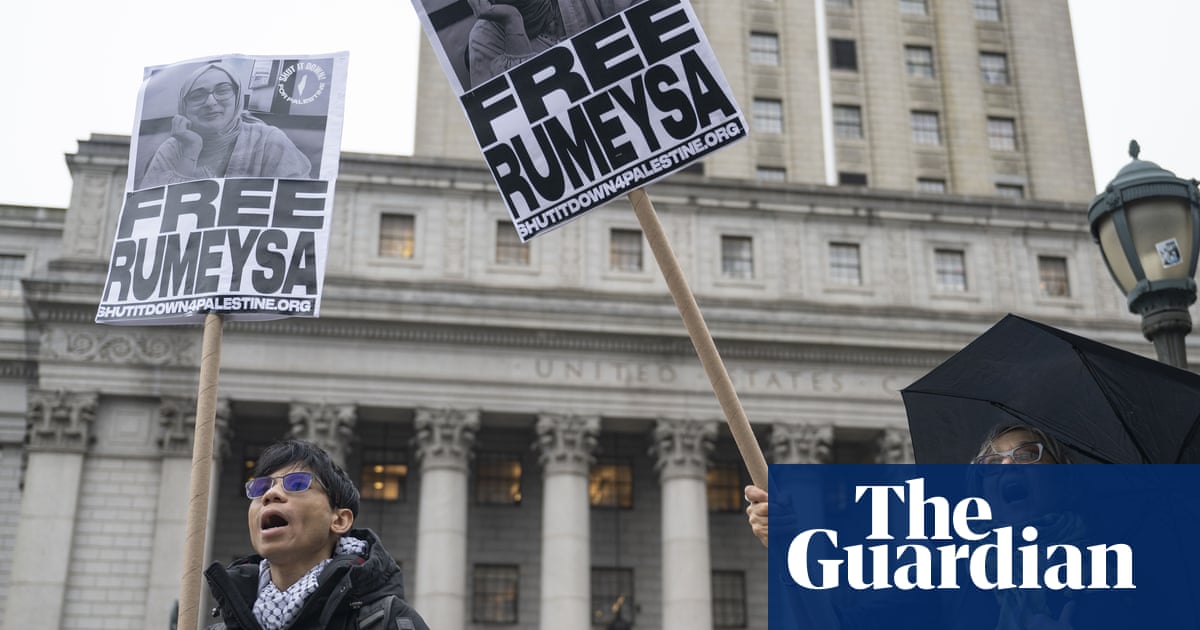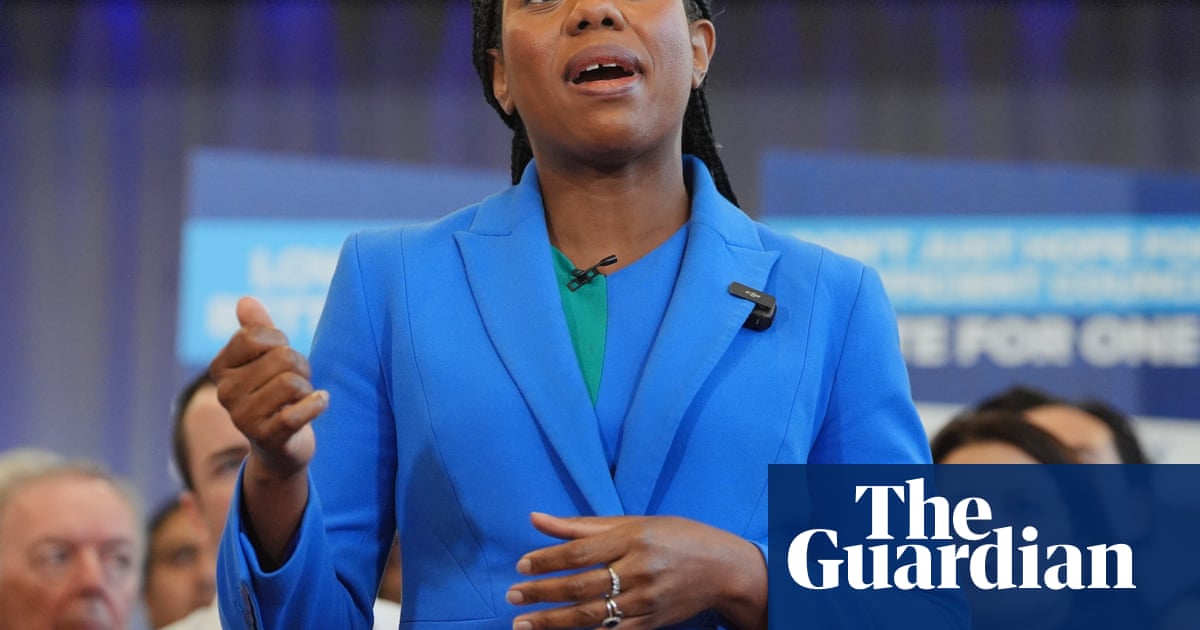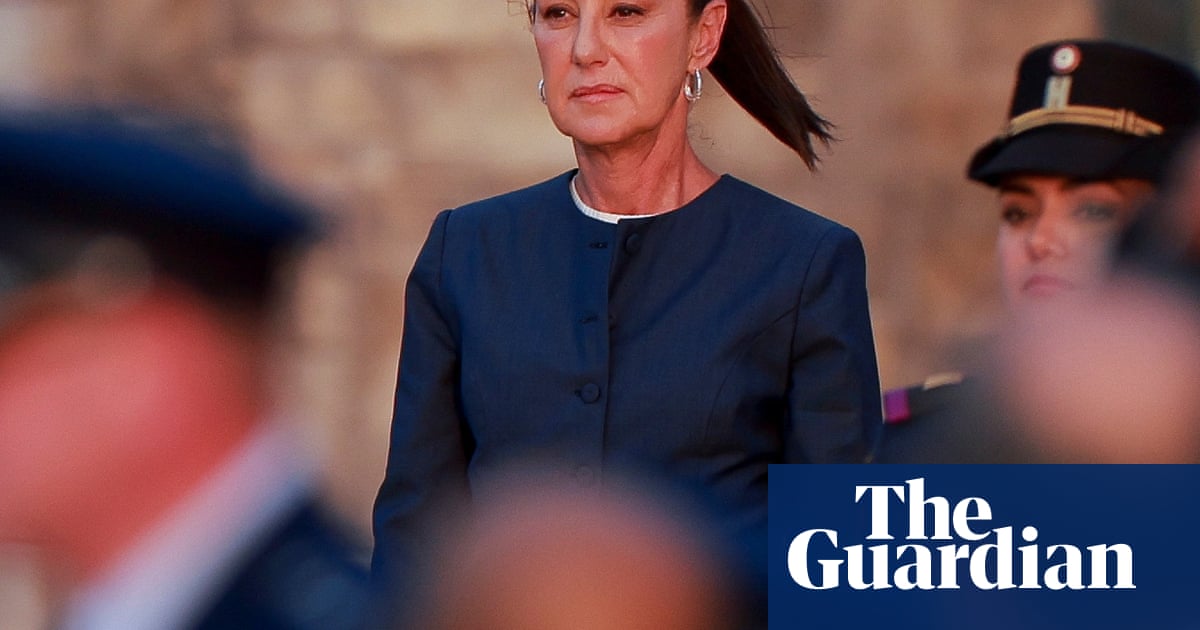A federal judge on Wednesday ordered a second temporary pause on Donald Trump’s executive order seeking to end birthright citizenship for anyone born in the US to someone in the country illegally.
US district judge Deborah Boardman said no court in the country had endorsed the Trump administration’s interpretation of the 14th amendment.
“This court will not be the first,” she said.
Trump’s inauguration-week order had already been on temporary hold nationally because of a separate suit brought by four states in Washington state, where a judge called the order “blatantly unconstitutional”. In total, 22 states, as well as other organizations, have sued to try to stop the executive action.
Boardman, nominated by former president Joe Biden, agreed to the preliminary injunction after a hearing in federal court in Greenbelt, Maryland. Bringing the suit before Boardman are the immigrant-rights advocacy groups Casa and the Asylum Seeker Advocacy Project, and a handful of expectant mothers.
At the heart of the lawsuits is the 14th amendment to the constitution, ratified in 1868 after the US civil war and the Dred Scott supreme court decision that determined that Scott, an enslaved person, was not a citizen.
“The principle of birthright citizenship is a foundation of our national democracy, is woven throughout the laws of our nation, and has shaped a shared sense of national belonging for generation after generation of citizens,” the plaintiffs argued in the suit.
The Trump administration asserts that children of noncitizens are not “subject to the jurisdiction” of the United States and therefore not entitled to citizenship.
“The Constitution does not harbor a windfall clause granting American citizenship to, inter alia: the children of those who have circumvented (or outright defied) federal immigration laws,” the government argued in reply to the Maryland plaintiffs’ suit.
The 14th amendment was added in the aftermath of the US civil war to ensure citizenship for formerly enslaved people and free African Americans. It states: “All persons born or naturalized in the United States and subject to the jurisdiction thereof, are citizens of the United States and of the State wherein they reside.”
In addition to the 22 states with Democratic attorneys general seeking to stop the order, 18 Republican attorneys general announced this week that they were seeking to defend the president’s order by joining one of the federal suits brought in New Hampshire.
after newsletter promotion
The US is among about 30 countries where birthright citizenship – the principle of jus soli, or “right of the soil” – is applied. Most are in the Americas, Canada and Mexico among them.
During his first week in office, Trump signed 10 executive orders on immigration and issued edicts to carry out promises of mass deportations and border security.
Some actions were felt immediately. Others face legal challenges. If they happen at all, other orders may take years to happen but have led to fear in immigrant communities.
Whether Trump can enact his agenda could come down to money. Congress is expected to consider funding support soon. Trump may use emergency powers to tap the defense department, as he did for a border wall during his first term.

 3 months ago
45
3 months ago
45













































